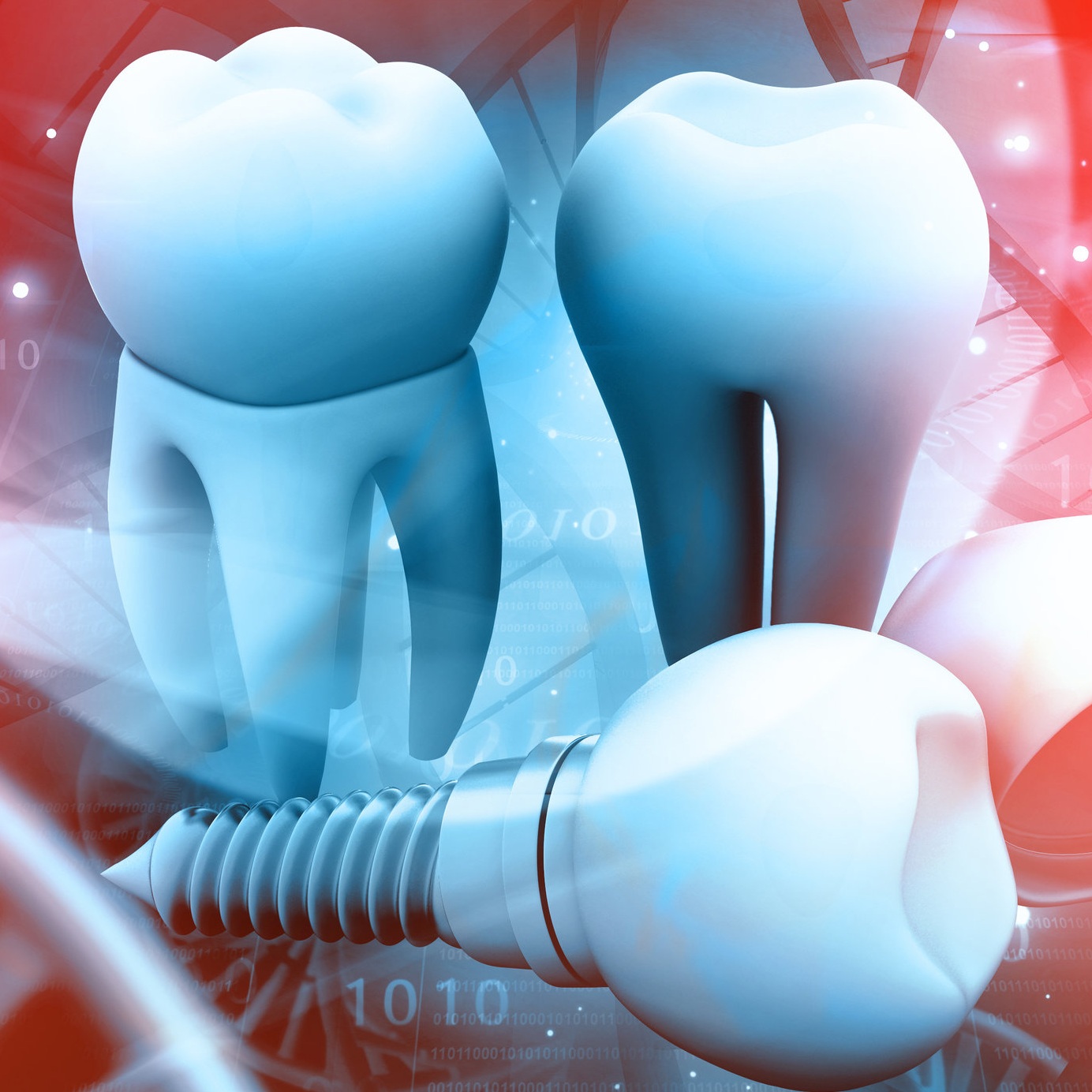Should you bother to floss your teeth?*
To Floss or Not to Floss?
The American Dental Association still endorses “cleaning between teeth once a day with an interdental cleaner,” contending that the practice can reduce plaque. The Department of Health and Human Services concurs, noting that leaving flossing out of the most recent dietary guidelines didn't signal that the practice was unimportant. Be aware too, that the Dietary Guidelines Advisory Committee made a deliberate decision to focus on food and nutrient intake in its 2015 report, and that’s why the flossing recommendation was dropped.
Friedman, an expert in evidence-based dentistry, says that whether you floss or use another method, it's worthwhile to clean between your teeth every day. Getting food particles out from between your teeth before they can break down—feeding bacteria and increasing the likelihood of bad breath—is one reason, he notes. That’s especially important as you get older, because gum tissue between the teeth shrinks with age, leaving wider gaps where bits of your breakfast toast can get stuck.
He says that flossing can help dislodge small pieces of food, along with rinsing vigorously with water after eating. Flossing with a water-jet device may be especially helpful. “Water flossing has been shown to be more effective in removing plaque," Friedman says, "and is recommended by periodontists, in particular, for patients with periodontal disease and also for cleansing around dental implants to prevent or minimize peri-implantitis, the inflammation of the gums around an implant.”
Interdental brushes, usually found in drugstores near the dental floss, may be another good option. The 2015 analysis found that they did a better job than dental floss at removing plaque, but they might be hard to use without irritating your gums. The researchers concluded that flossing is a good idea if you can’t fit the tiny brushes between your teeth easily.
But no matter how you clean between your teeth, it should still be just one part of an overall dental-health plan aimed at preventing gum problems as well as cavities. “The most effective means of reducing tooth decay is public-water fluoridation, brushing with a fluoride toothpaste, a low-sugar diet, eliminating soda pop, and not smoking,” Friedman notes. And if you floss, do it right. Instead of sawing away at those tender gums, follow these steps.
* Reprinted from https://www.consumerreports.org/beauty-personal-care/should-you-bother-to-floss-your-teeth/.
Author: Sari Harrar
Sari Harrar is an award-winning freelance journalist and regular contributor to Consumer Reports On Health and Consumer Reports on topics of health, medicine, and science. She is a recipient of a CASE/Harvard Medical School Journalism Fellowship and the founding writer for The Philadelphia Inquirer's Kid's Health blog.
